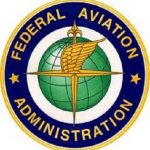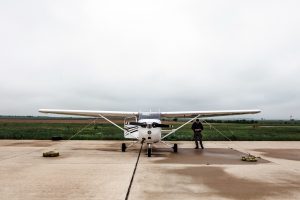I am frequently asked by private pilots whether they can be reimbursed for their use of either an owned or rented aircraft in connection with their employment. In certain limited circumstances, they may. However, to do that, private pilots must be clear on both the privileges and limitations allowed by the Federal Aviation Regulations (“FARs”) for their airmen certificates.
Private Pilot Privileges and Limitations
FAR Section 61.113(a) provides that “no person who holds a private pilot certificate may act as pilot in command of an aircraft that is carrying passengers or property for compensation or hire; nor may that person, for compensation or hire, act as pilot in command of an aircraft.”
The FAA’s longstanding policy and perspective views “compensation” very broadly. Compensation is not just the exchange of cash. Rather, it can be receipt of anything of value that is conditioned upon or in exchange for operation of the aircraft. The FAA considers an employee’s receipt of salary or wages, building of flight hours paid by the employer, or reimbursement of expenses to be compensation.
The Incidental To Employment/Business Exception
Fortunately, even though a private pilot is receiving salary or wages or other “compensation,” this is not as complete a prohibition as it appears. In addition to other exceptions, Section 61.113(b) states “[a] private pilot may, for compensation or hire, act as pilot in command of an aircraft in connection with any business or employment if:
-
The flight is only incidental to that business or employment; and
-
The aircraft does not carry passengers or property for compensation or hire.”
So, when is a flight “incidental to employment”? According to the FAA, determining whether a flight is merely incidental to employment rather than a necessary or major part of the private pilot’s job is “a qualitative judgment based upon a number of factors.” What does that really mean?
Well, it means the FAA will look at each situation on a case-by-case basis and ask a number of questions to make its determination. The questions may include, but are not limited to, the following:
-
Is the private pilot’s operation of an aircraft a condition of employment or advancement; or a part of the pilot’s job description? If it is, then the private pilot’s flights would likely not be “incident” to his or her employment.
-
Does the private pilot receive additional compensation, over and above his or her normal income, for operating an aircraft? If so, the private pilot’s operation of the aircraft is likely not merely “incidental” to his or her work.
-
What percentage of the private pilot’s work time is spent operating an aircraft? The greater the percentage, the less likely the flight operations are “incidental” to his or her employment.

